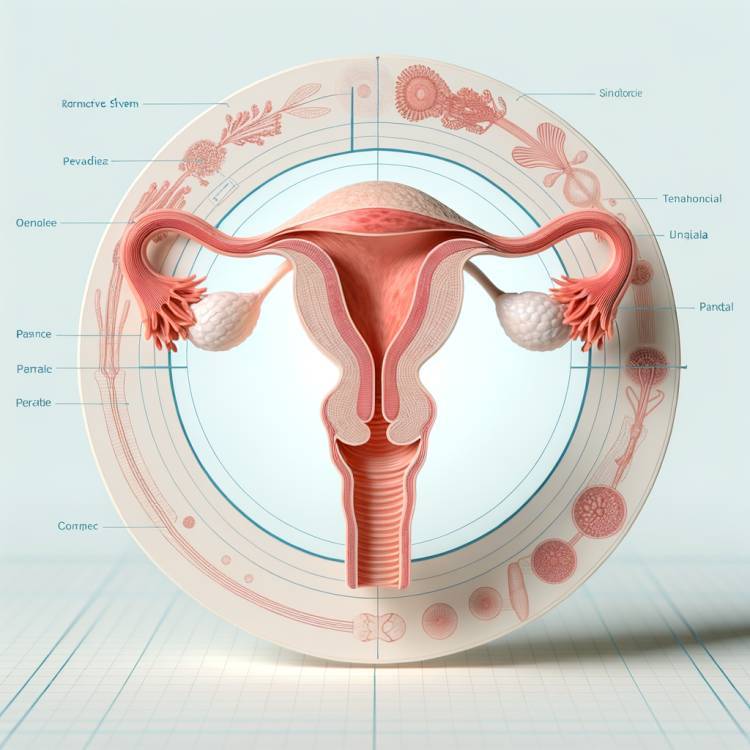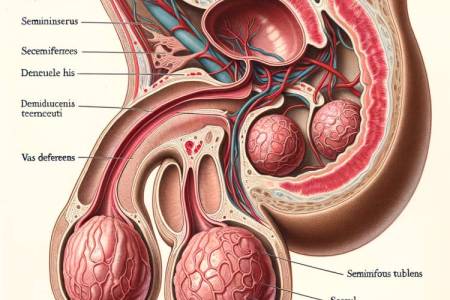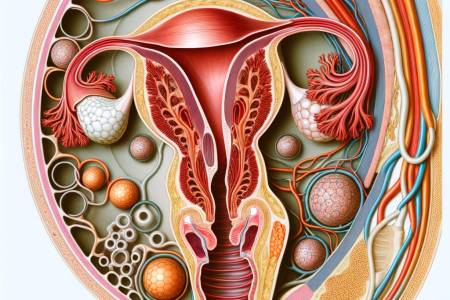Basic Information about Female Internal Genital Organs
Ovaries
The ovaries are paired organs in women that play a key role in the reproductive system. These organs produce and release healthy female eggs, which are essential for the process of fertilization and pregnancy. The ovaries are located on either side of the pelvic cavity and are connected to the fallopian tubes, which serve to transport the egg to the uterus.
Fallopian Tubes
The fallopian tubes are paired organs that connect the ovaries to the uterus. These organs are crucial for the process of fertilization, as they allow the egg to be transported to the uterus, where it can meet with sperm and result in conception. The fallopian tubes are lined with cilia that help move the egg towards the uterus.
Uterus
The uterus is an unpaired organ in women responsible for supporting the development of the foetus during pregnancy. This organ is located in the pelvic cavity and is connected to the fallopian tubes, which enable the transport of the egg to the uterus. The uterus provides nourishment and supports foetal development. It consists of the endometrium, which renews itself each month if fertilization does not occur.
Vagina
The vagina is a muscular and connective tissue organ in the shape of a tube that serves as a connection between the uterus and the external environment. This organ is important for sexual activities and also plays a role in the process of childbirth. The vagina is capable of expanding during intercourse and childbirth to allow the passage of the foetus.
Functions of the Female Internal Reproductive Organs
The female internal reproductive organs play a crucial role in a woman's reproductive system. The ovaries produce and release eggs, the fallopian tubes allow the transport of the egg to the uterus, the uterus supports foetal development, and the vagina is an important organ for sexual activities and pregnancy. Taking care of these organs is essential for maintaining a woman's reproductive health. Regular gynaecological check-ups and monitoring of the menstrual cycle are key to preventing and detecting potential issues. It is important to maintain proper hygiene and use appropriate protective measures during sexual intercourse. In case of any problems or irregularities, it is advisable to consult a specialist.

 Tongue Tornado
Tongue Tornado 














Comments (0)
Facebook Comments (0)